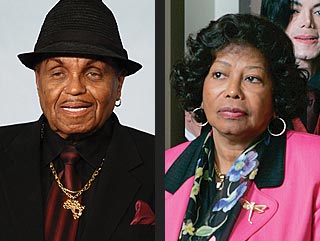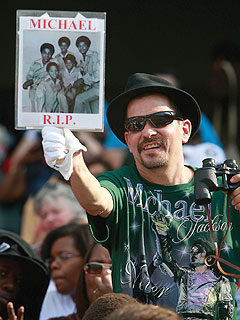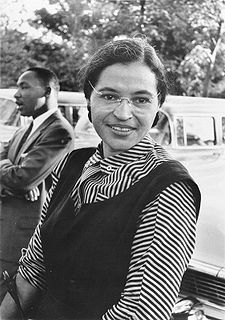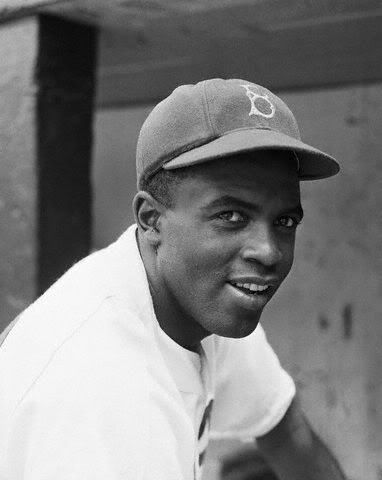'Friendly' beer summit calms race row tensions

(Saul Loeb/AFP/GETTY IMAGES)
Henry Gates and Sergeant James Crowley share a beer with Barack Obama and Joe Biden
The white US police officer at the heart of a fierce national debate about race and law enforcement said he would continue to meet the black Harvard law professor he controversially arrested after the two men shared a nationally watched beer with President Obama.
Sergeant James Crowley spoke after the most widely covered beer in US history, a drink with the man he arrested – Professor Henry Louis Gates Junior – around a table in the White House Rose Garden with President Obama and Vice-President Joe Biden.
Sergeant Crowley, at a press conference shortly after an event that the press corps could only briefly photograph, out of ear shot, said that he and Professor Gates were "two gentlemen who agreed to disagree".
After the US networks had universally shown footage of the “beer summit” – a 50-yard shot of the four men drinking their respective brews and eating peanuts - Sergeant Crowley then gave some idea of what had transpired.
Sergeant Crowley did not apologise for arresting Professor Gates, but said he “respected him a great deal”, there had been “no tension” at the beer meeting, and that they had “cordial and productive discussions.” He said they would continue to meet each other privately in the coming weeks.
The four men ate peanuts as they chatted over their favourite beers. Mr Obama drank a Bud Light; Sergeant Crowley a Blue Moon; Professor Gates a Sam Adams Light; Mr Biden a non-alcoholic Buckler.
Afterwards, Mr Obama described the "friendly, thoughtful" conversation as a success.
"I have always believed that what brings us together is stronger than what pulls us apart," the president said. "I am confident that has happened here tonight, and I am hopeful that all of us are able to draw this positive lesson from this episode."
Professor Gates hailed the "great opportunity" fate had given him and Sergeant Crowley. He said their task must be to foster sympathy among Americans about "the daily perils of policing on the one hand, and for the genuine fears of racial profiling on the other hand."
The meeting, which was the culmination of a race row that has consumed America since Sergeant Crowley arrested Professor Gates at his home on June 16, came hours after the controversy took another explosive turn: the description of Professor Gates as a “banana-eating jungle monkey” by a Boston police officer.
Boston police suspended Officer Justin Barrett, who first e-mailed anonymously to The Boston Globe and then to friends in the local National Guard: “If I were the officer he verbally assaulted like a banana-eating jungle monkey I would have sprayed him with OC.”
Officer Barrett, 36, was stripped him of his gun and badge and placed him on administrative leave. He later said: “I didn’t mean it in a racist way.”
Last month, Sergeant Crowley had been called to investigate a suspected burglary at Professor Gates’s house. The scholar had just returned from a foreign trip and had trouble opening his front door.
Sergeant Crowley said that when he confronted Professor Gates the academic became abusive. Despite knowing that no burglary had taken place, the policeman ended up arresting him for disorderly conduct, handcuffing him and taking him down to the station. The charges were later dropped. Professor Gates has said that he was the victim of racial profiling.
Mr Obama, a friend of Professor Gates, fuelled the controversy when he accused the Cambridge police of acting “stupidly”. Two days later, after an outcry from police groups, Mr Obama expressed regret and said he had telephoned Sergeant Crowly, who suggested a White House beer with Professor Gates.
One person who was not there was the woman who made the original emergency call to report the possible burglary. The police first claimed that she reported “two black men with backpacks” trying to get into the house. In fact, Lucia Whalen, who gave a tearful press conference on Wednesday, never mentioned race. She told reporters she had feared for her safety after being vilified as a racist.






 Katherine Jackson wants "a seat at the table" in all matters involving Michael Jackson's estate.
Katherine Jackson wants "a seat at the table" in all matters involving Michael Jackson's estate.






 We've learned the doctor at the center of the investigation into Michael Jackson's death is in the cross hairs of the LAPD because of his own words.
We've learned the doctor at the center of the investigation into Michael Jackson's death is in the cross hairs of the LAPD because of his own words.

























